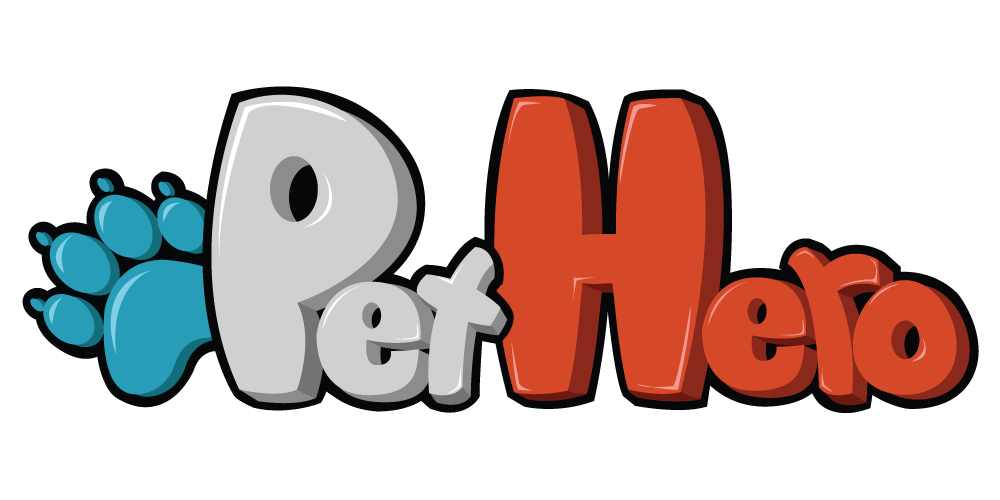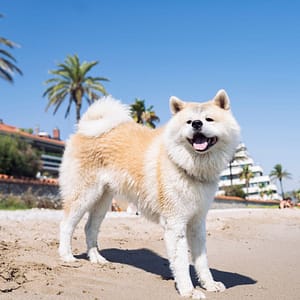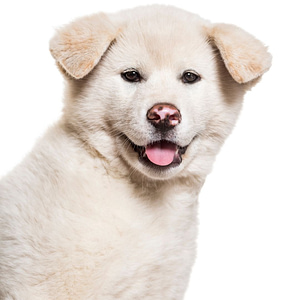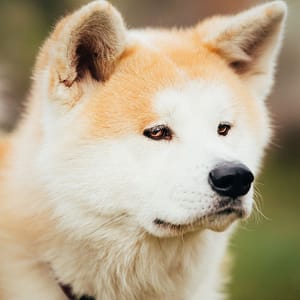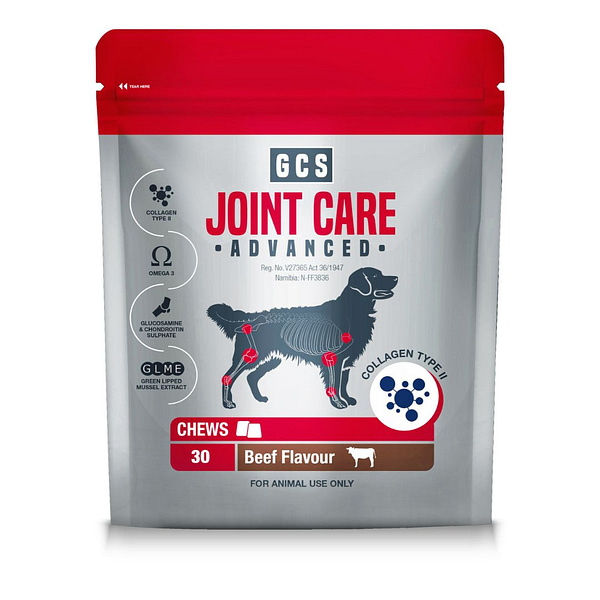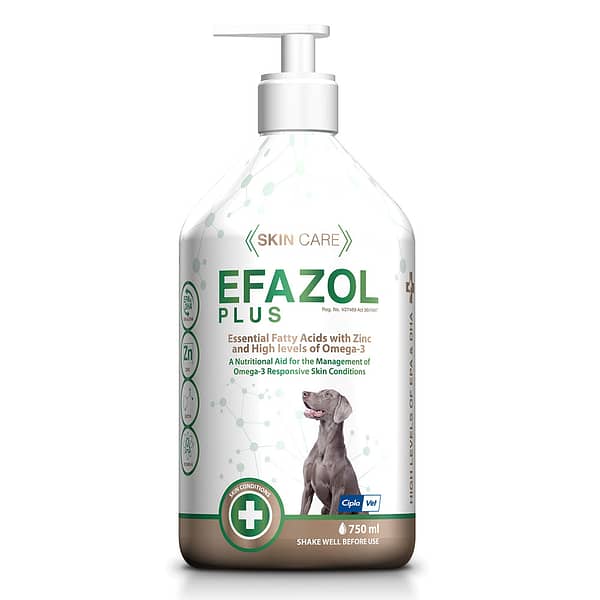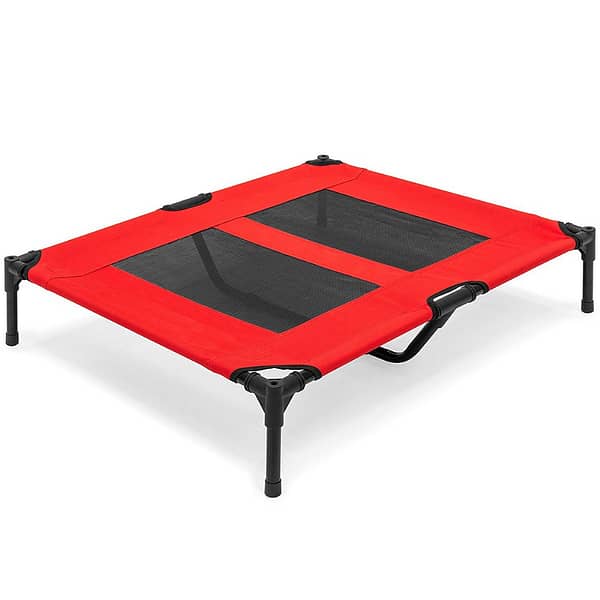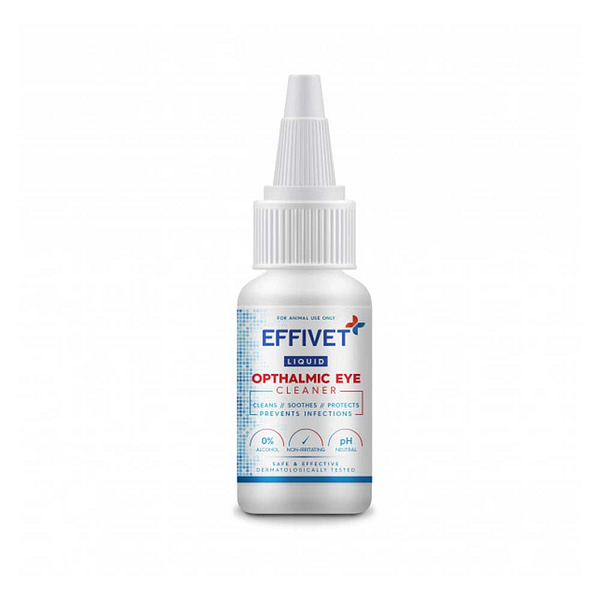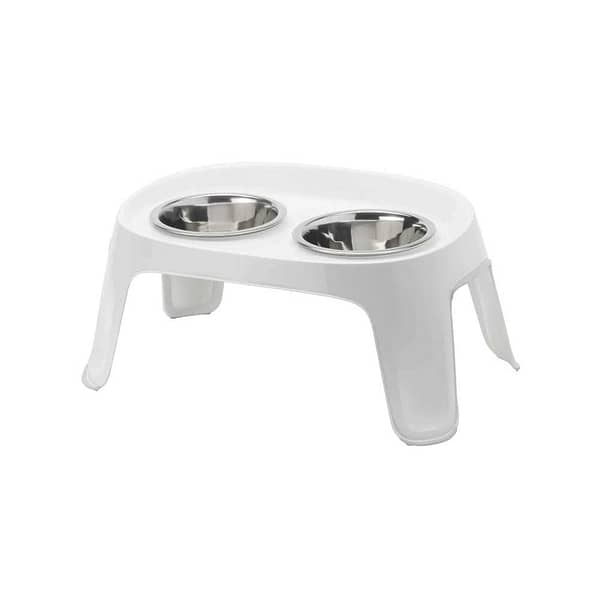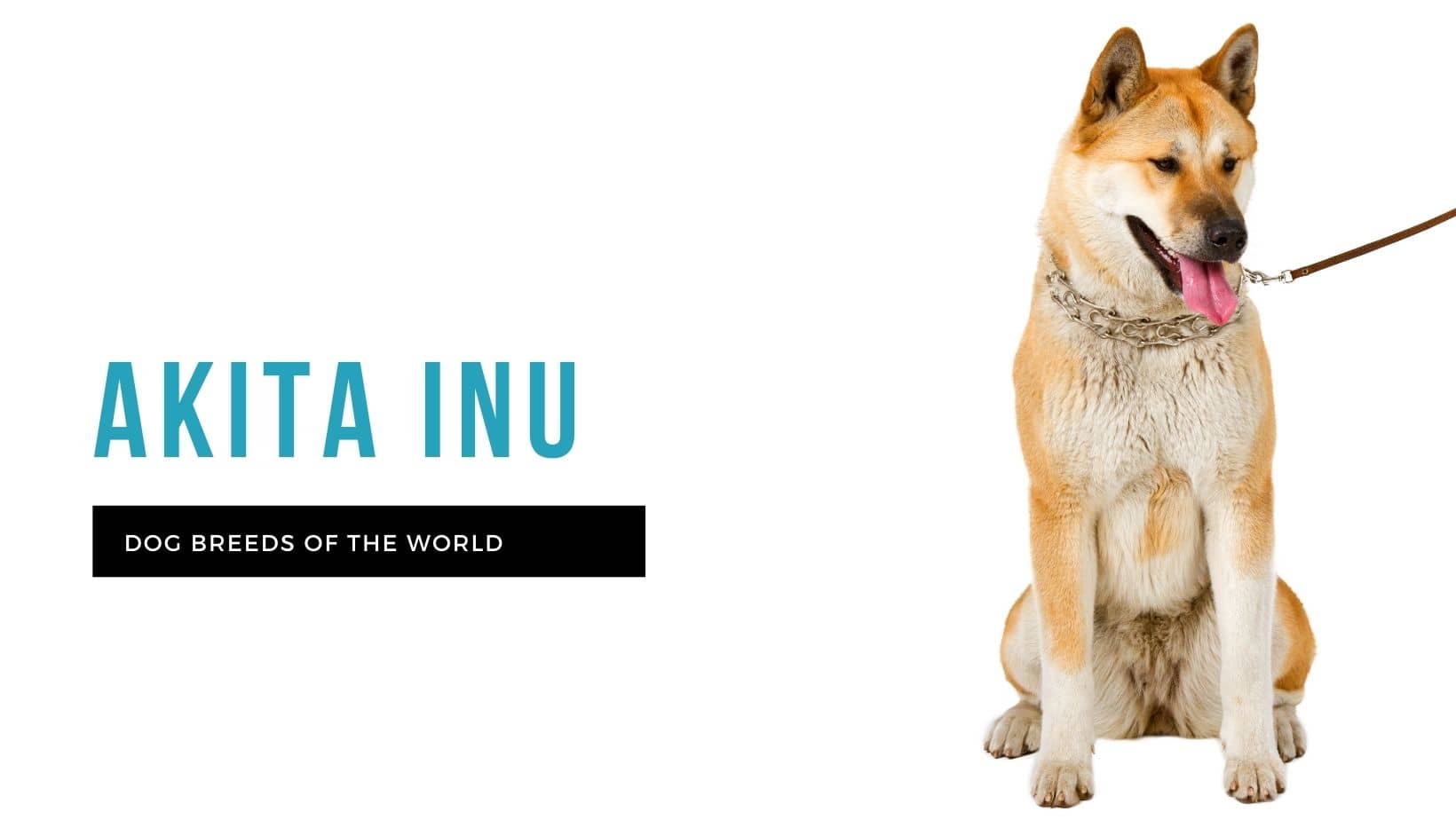
The Akita (also Akita Inu) is a large Japanese breed of dog with a thick double coat, robust body and a noble carriage. He is legendary for his loyalty – Hachikō was a famous Akita who waited at Shibuya Station in Tokyo for nine years for his owner, Hidesaburō Ueno, to return from work after suffering from a fatal brain haemorrhage. In Japan the Akita breed is a national symbol of loyalty, and statues of Akitas are given for health, happiness and longevity.
The Akita is, however, not for everyone. He can be stubborn, independent, aloof with strangers and aggressive with other dogs. Within his own tight-knit family unit, he is affectionate and can be a little clownish, but he takes on the role of protector and needs a family who understands his breed personality and characteristics.
History
The Akita’s origins lie on the same latitude as other spitz-type dogs with pointed faces, thick coats and curled over tails. He was developed in the Akita prefecture in Japan as a large, confident and big-boned hunting dog with great versatility. At one point in his history (around the 17th century), the Akita was also a famed fighting dog, which may be why he doesn’t get along with other dogs in general. He was a pack dog with a strict work ethic and, when news of his reputation got out, ownership of the Akita became limited to the imperial family. The Akita has since become an integral part of Japanese culture and myth, which also explains the falling out amongst breeders over the American Akita and the Akita Inu (Inu = Japanese for ‘dog’).
During the early part of the 1900s, the original Akita was under threat because he was being bred with larger dogs like mastiffs, St Bernards and German shepherds, which began to change his looks. The Japanese Matagi and Hokkaido Inu were used to try to revert the Akita to his original characteristics, but the Akitas exported to the USA retained their mixed genes, which is why purists don’t recognise American Akitas as true Akitas.
Helen Keller imported two Akitas to the USA in 1937, which began the breed’s journey in the States. Many American servicemen in Japan returned to the US with specimens of Akita, while those Akita that remained were threatened with extinction because of the government-imposed order to cull all non-military dogs.
The lack of agreement between American Akita breeders and Akita Inu purists meant that it took many years before the Akita was accepted into the American Kennel Club studbook (in 1972), and American and Japanese Akitas are distinguished from each other as a result. In many countries in the world, they are forbidden from being crossbred – this will result in show disqualification.
In South Africa, the Akita Inu breed standard is of the Japanese variety, who looks more like a large Shiba Inu and is mainly red and white or fawn and white with white ‘urajiro’ patterning on his body.
Temperament
The Akita is dignified, courageous and loyal after hundreds of years of breeding to be an independent-minded hunting dog as well as a national symbol. He is curious, alert and affectionate if you’re family, but aloof if you’re not. He is territorial and can be aggressive towards other dogs – an unfortunate by-product of his dog-fighting days in Japan.
In general, the Akita is docile, calm and quiet, making him a homebody for the owner who has the time and patience for an only-dog and wants a companion who is easy to live with. He is very particular about keeping himself clean and will even go so far as to groom himself after eating or playing.
Health
As with most purebred dogs, the Akita is susceptible to certain health conditions. The usual suspects include:
-
- Hip dysplasia: A common ailment in large breed dogs
- Gastric dilatation volvulus: A common ailment in deep-chested dogs
- Hypothyroidism
- Eye disorders: Progressive retinal atrophy; glaucoma
However, Akitas also seem to be more susceptible than most breeds to autoimmune disorders that affect:
- Skin (Vogt–Koyanagi–Harada syndrome, sebaceous adenitis, pemphigus foliaceous)
- Blood (autoimmune haemolytic anaemia)
- Connective tissue (lupus)
- Endocrine system (hypoadrenocorticism, hypothyroidism)
Exercise Requirements
The Akita does not require a lot of intense exercise like other working dogs, but he does need a moderate amount of exercise on a daily basis. A quick walk or jog can kick off his exercise regimen, while a vigorous bout of playtime a few times a day will meet his needs for physical and mental stimulation.
Despite the adult Akita’s antisocial stance towards other animals and his aloofness towards people, it’s important to give him the best shot at socialisation by regularly and consistently introducing him to other dogs and people from puppyhood onwards. Socialisation and obedience training will help to smooth the rough edges of his stubbornness, but also offer valuable bonding time between owner and dog. No matter how well trained he may be, never leave the Akita home alone for long periods of time – some individuals can suffer from separation anxiety and become destructive when left alone.
Grooming Requirements
While fastidious and clean, the Akita – with his double coat – is a relatively heavy shedder. He needs to be brushed a few times a week to remove loose and dead hair and to keep his coat in good condition. His nails should be trimmed regularly to keep his feet healthy; his ears should be checked weekly for any signs of infection (redness; odour); and his teeth should be brushed daily to keep his dental hygiene in good nick.
Ratings
Friendliness to other pets
Friendliness to strangers
Behaviour towards children
Statistics
| Size |
Large |
| Type |
Utility Group |
| Average adult weight |
45 kg |
| Average adult height |
67 cm |
| Average life span |
11 years |
| Breed family |
|
| Area of origin |
Japan |
Gallery
Product suggestions
